SDG & Circular Economy
AGENDA
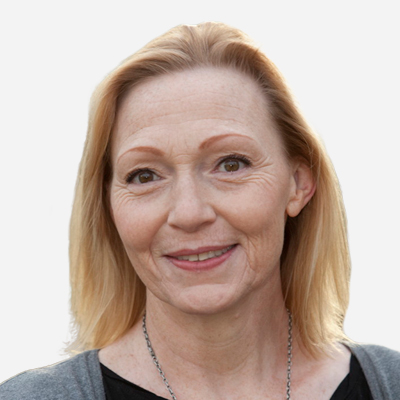
Ulla Kronborg Mazzoli
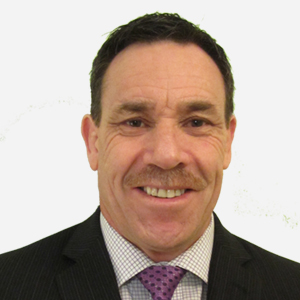
Greg Scott
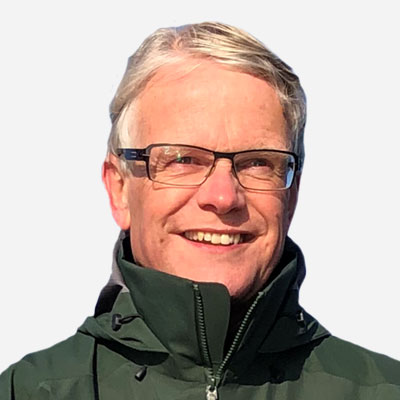
Menno-Jan Kraak
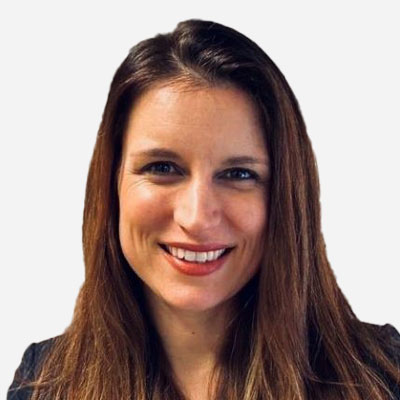
Britta Ricker
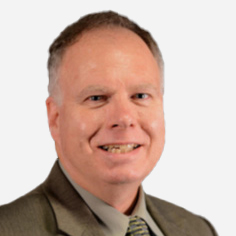
Tim Trainor
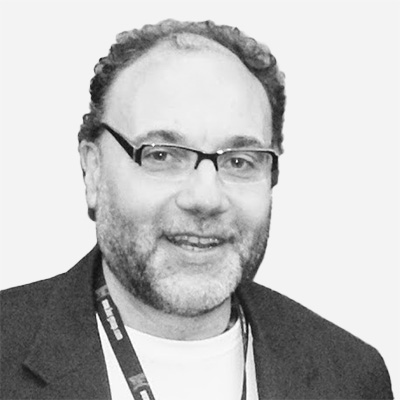
Javier Carranza
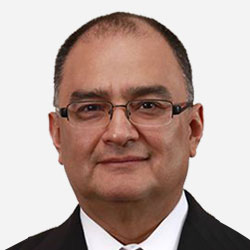
Rolando Ocampo
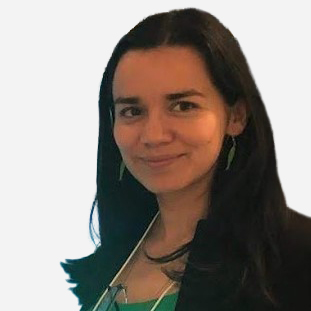
Sandra Mayorga
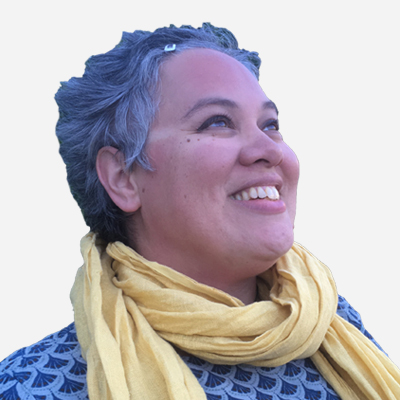
Caroline Robinson
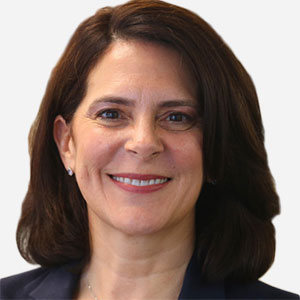
Amy Coughenour Betancourt
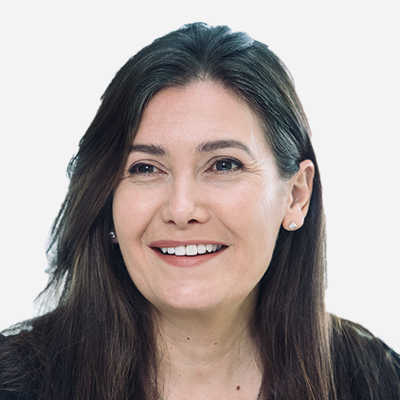
Cathrine Armour

Christian Sevcik
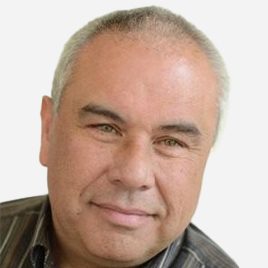
Huib Pasman
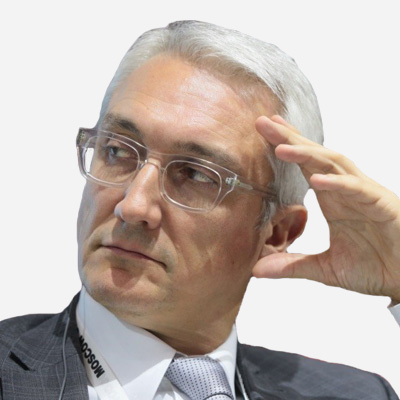
Rudiger Ahrend
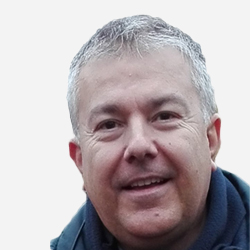
Marino Cavallo
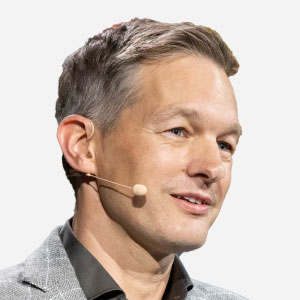
Marcel Broekhaar
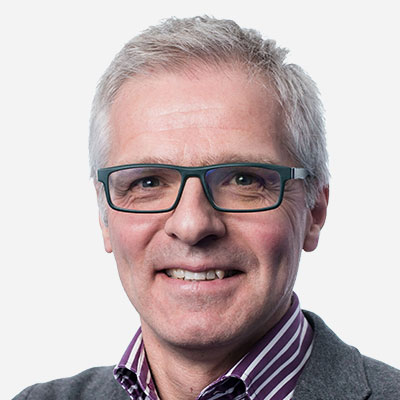
Michael Groves

Alexander Gunkel
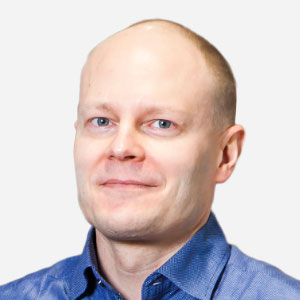
Sami Pippuri
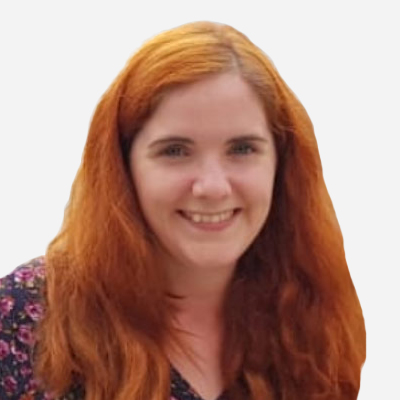
Elspeth McIntyre

Mark Noort

Alexandre Cabaret
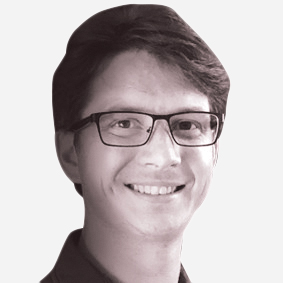
Peter Rose
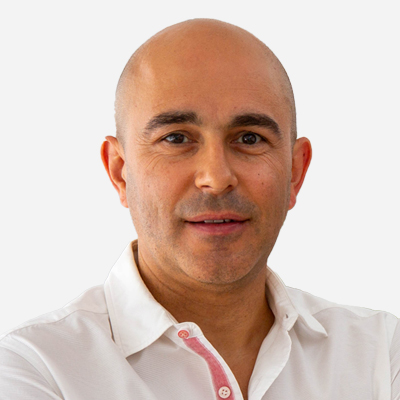
Lino Oliveira
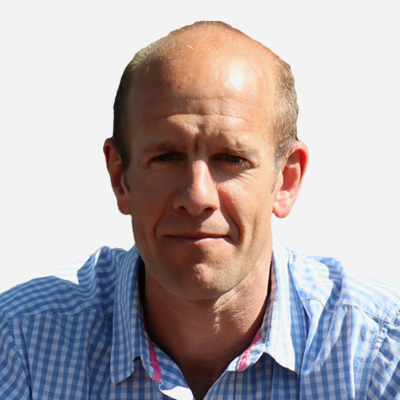
Tim Buckley
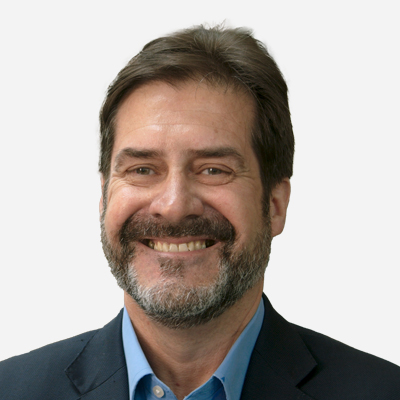
Andy Wilson
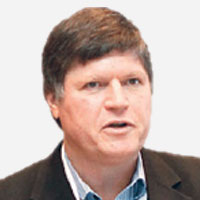
Derek Clarke
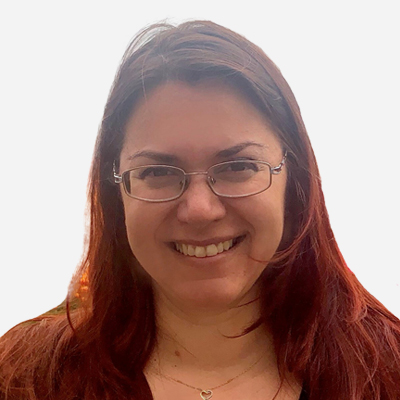
Mila Koeva

Kasirajan Mahalingam
BACKGROUND
In today’s linear economy, manufacturers work around the take-make-waste model, where natural resources are extracted to create products, and products are disposed when they’re no longer useful. Such model is costly, not only in terms of economic value, it also imposes great loss to the environment.
Circular Economy, on the other hand, ensures that everything has value and nothing is wasted. Products are designed and made to last. Manufacturers adopt reuse-repair-reproduce model, enabling materials to remain in use at their highest value for as long as possible.
THE GEOSPATIAL ENABLER
While it is well established that Geospatial and Earth Observation data are powerful tools in measuring, monitoring and reporting of the SDGs; tracking and managing the Circular Economy pose a different challenge altogether.
Circular Economy requires products to be connected digitally to the manufacturer so the entire product lifecycle can be monitored. The complex circular networks connecting suppliers and partners, too, must be managed seamlessly in order to support Circular Economy collaborative model. Advances in digital technologies, especially the combination of mobile, machine-to-machine and data analytics, will play a big role in matching the supply and demand of underused assets and products.
There are various ways Geospatial technology is supporting and has the potential to support Circular Economy practices, among others:
SYMPOSIUM ON SDG & CIRCULAR ECONOMY AT GWF 2021
Geospatial World Forum 2021 shall host a 2-day symposium on SDG & Circular Economy, with the objective to demonstrate how Circular Economy practices can help to achieve the Sustainable Development Goals (SDG), and the promising role of Geospatial solutions in this regard.
TOPICS TO BE COVERED
 SDG 12 & Circular Economy: Ensuring Responsible Consumption and Production Patterns
SDG 12 & Circular Economy: Ensuring Responsible Consumption and Production Patterns
- Sustainable water management
- Waste management
- Sustainable products and services
- Sustainable supply chains
- Synergies with renewable energy
- Reducing industrial pollution of water and soil
 Geospatial & Circular Business Models
Geospatial & Circular Business Models
- Sharing Platforms
- Products-as-a-Service
- Circular Supply Chains
- Product Life Extension
- Recovery and Recycling
 Circular Agriculture: Rethinking Agricultural Value Chains to Prevent Food Loss
Circular Agriculture: Rethinking Agricultural Value Chains to Prevent Food Loss
- Implementation of sustainable food production systems
- Resilience to climate change and severe disasters
- Recycle farming
- Rehabilitation of degraded land
- Digitizing agricultural supply chain from farm to fork
 Circular Economy & Net-Zero Emission Target
Circular Economy & Net-Zero Emission Target
- Transforming energy, industry, transport, food, agriculture and forestry ecosystems
- Critical role of renewable energy and energy-efficiency measures
- Tackling industrial emissions (cement, steel, plastic and aluminium)
 Social Innovation and Collaborations towards Circular Cities
Social Innovation and Collaborations towards Circular Cities
- Synergies among local government, knowledge institutes and local entrepreneurs to accelerate change
- Encouraging citizen participation
- Educating leaders and consumers